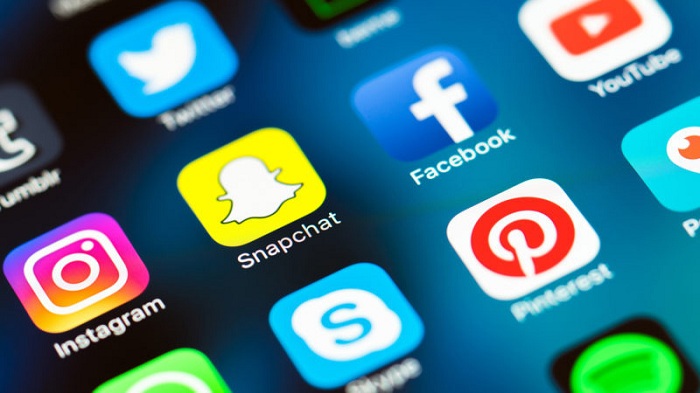Facebook, Twitter & Instagram are making people `more shallow and less moral`

The theory is called "The Shallowing Hypothesis" and shows that those who use social media the most end up less concerned about others and more self-obsessed.
It means their goals are about becoming rich, famous and good looking - like social media queen Kim Kardashian - and less about the "betterment of society" or other worthy aims, it said.
Researchers from the psychology department of Canada`s Windsor University took 100 students and looked at how much they used social media and contrasted it with their aims, values and "life goals".
The biggest links to shallowness came from those who used the three main sites of Facebook , Twitter and Instagram as well as those who texted the most.
The more they used these social media sites, the more likely they were to have life goals and aims that were about hedonism (ie. having fun) and image than doing good.
The researchers told the journal Personality and Individual Differences : "The `shallowing hypothesis` suggests that recent media technologies have led to a dramatic decline in ordinary daily reflective thought."
That can also lead to lower academic performances amongst students as it promotes "rapid" thought rather than the kind of reflective analysis they may need to study certain subjects, it added.
The study said: "Certain types of social media - for example texting and Facebook - promote rapid, shallow thought that can result in cognitive and moral `shallowness` if used too frequently.
"Frequent use of ultra-brief social media is associated with negative effects on the user`s use of reflective thought and some indicators of compromised moral judgment."
Further research is needed, said the psychologists, but it could lead to health education warning users about the dangers of too much social media use.















































